Introduction:Ishwar Chandra Vidyasagar was one of the great men born in the nineteenth century. His contribution to education and social reform in Bangladesh was outstanding.
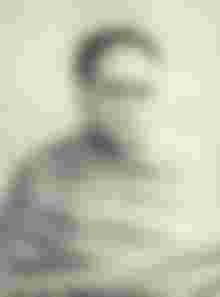
Birth and family:
Pandit Ishwar Chandra Vidyasagar was born on 26 September 1820 in the village of Birsingh in the Midnapore district of West Bengal. His real name is 'Ishwar Chandra Bandyopadhyay'. He received the title of 'Vidyasagar' in his early life for his profound knowledge of Sanskrit language and literature in 1841. His father's name was 'Thakurdas Bandyopadhyay' and his mother's name was 'Bhagwati Devi'.


The financial situation of the family was not so good and at a very young age the father of vidyasagar Thakurdas had to go to Kolkata to earn money. When he came there, he was hired to write a businessman's book of businesse . He exchanged very little money.
Education:
At the age of four years and nine months, Thakurdas admitted Ishwar Chandra to the traditional school called 'patshala' in the village.After completing his schooling in November 1827, he came to Calcutta with his father to pursue higher studies. On Monday, June 1, 1829, he was admitted in sanskrit grammar at Calcutta Government Sanskrit College (now known as Sanskrit Collegiate School).
While studying sanskrit grammar, Ishwar Chandra was admitted to the English class of Sanskrit College in 1830. In March 1831, he received a monthly stipend of five rupees for his achievement in the annual examination and a grammar book and eight rupees as an 'Out Student'.
After completing his studies in Sanskrit from that college, Vidyasagar resumed his studies in grammar, Vedanta, memory, justice, astrology, poetry and rhetoric, and at the same time acquired knowledge in those subjects. As was the custom then Ishwar Chandra married at the age of fourteen. His wife was 'Dinamayee Devi'. 'Narayan Chandra Bandyopadhyaya' was their only son.

Career description:
After completing his education at Sanskrit College in 1841 on 29 December, at the age of only twenty-one, Vidyasagar Mahasaya became the Serestadar or Chief Scholar of the Bangla Department of Fort William College. The salary was 50 tk per month. He held this post until 5 April 1847. On 6 April 1848 he took charge as the assistant secretary of the Sanskrit College at the same salary. The following year, in 1848, he set up a bookstore called the Sanskrit Press Depository. In the same year he published the book Betal Panchabingshati based on the Hindi "Betal panchabingsati". This was his first novel.
Rasmoy Dutta was the secretary of the Sanskrit College at that time, with whom Ishwar Chandra once had a difference of opinion, so he finally resigned from the post of the secretary of the Sanskrit College on 16 July 1848. On 1 March 1849, he became the headwriter and treasurer of Fort William College with a monthly salary of 80 tk.

He resigned from Fort William on 4 December and became Professor of Literature at Sanskrit College on 5 December. On 5 January 1851, in addition to the post of professor of literature, he also took charge as the temporary secretary of the college. On 22 January he was appointed principal of the college with a salary of 150 tk. From this time the post of secretary in Sanskrit College was abolished.
On 1 May 1855, in addition to the post of Principal of Sanskrit College, he was appointed Assistant School Inspector in South Bengal with an additional salary 200 tk per month. On 3 November 1857, after a disagreement with the head of the education department, he resigned as principal of the Sanskrit College. At the age of 39, all relations with the government were severed. So that he did it. However, he did not receive any recognition or pension from the government for his work.
Biography of Ishwar Chandra Vidyasagar in spreading education:
He wrote books for children in keeping with modern life such as 'Varnaparichay', 'Kathamala', 'Charitabali', Akhyanmanjari', 'Bodhodaya' etc. Later Ishwar Chandra Vidyasagar Sita's Banbas, Shakuntala etc. By writing Sanskrit grammar introductions and grammar kaumudi, he freed Sanskrit students and Sanskrit scholars from the conservative teaching method and simplified the Sanskrit text.
While working as an inspector of the education department, Vidyasagar brought to the notice of the government the plight of education in remote areas of Bengal. He established primary education institutions either in collaboration with the government or in a single effort. From November 1757 to May 1856, Vidyasagar Mahasaya established 35 girls' schools all over South Bengal. The cost for these schools with a total of 1300 students was 845 tk per month.
Ishwar Chandra Vidyasagar's contribution to widow marriage and social reform:
Vidyasagar was an educated and social reformer. The introduction of widow marriage and the prevention of child marriage were his special achievements. He was also a staunch opponent of nobility and polygamy. The widow spent a lot of money on the movement for marriage and she became destitute. In 1858 the Widow Marriage Act was successfully enacted. He even set a unique example in the society by marrying his son Narayan Chandra to a widow.
Last life:
Ishwar Chandra Vidyasagar, one of the foremost personalities of the Bengal Renaissance, passed away on 29 July 1891, 13 Shravan in Bengal 1298, at 2:18 pm at his residence at Badurbagan in Calcutta. At the time of his death, he was 70 years, 10 months and 4 days old. The cause of death, according to doctors, is liver cancer. Vidyasagar's active role in education reform, introduction of modern education, expansion of women and children's education and expansion of English education is still ingrained in the minds of the people. It is true he is no more in the world but in the minds of people he is still immortal.

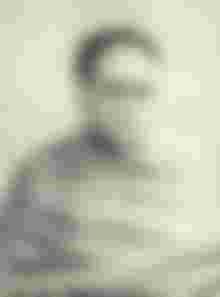
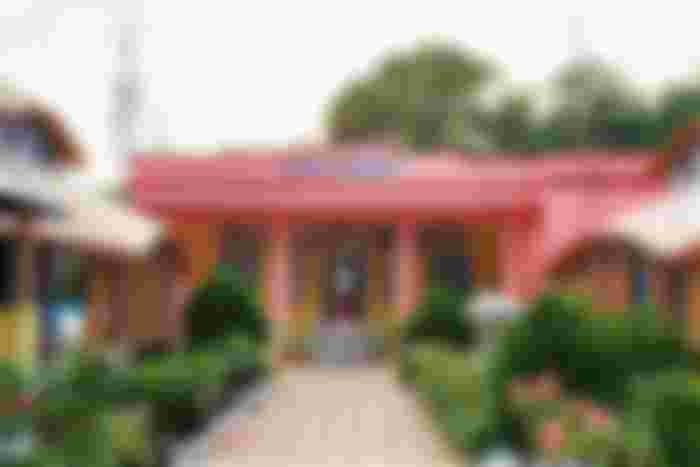
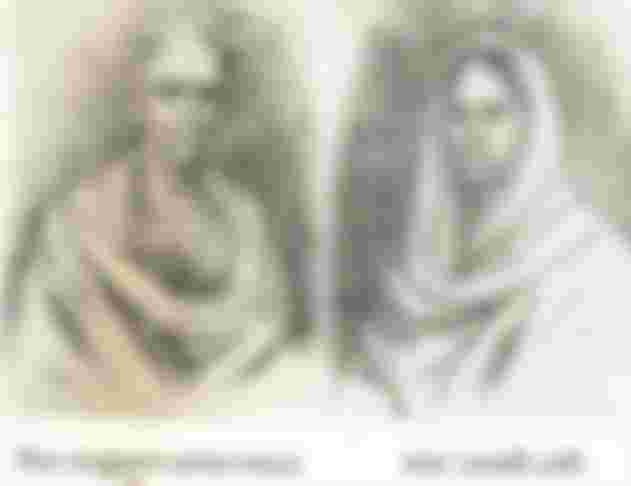
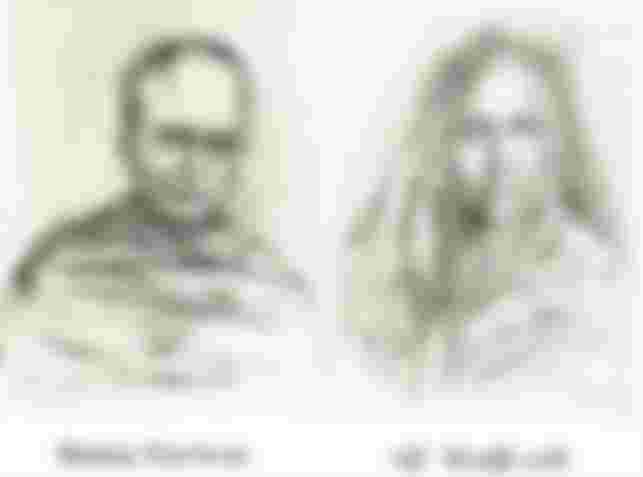

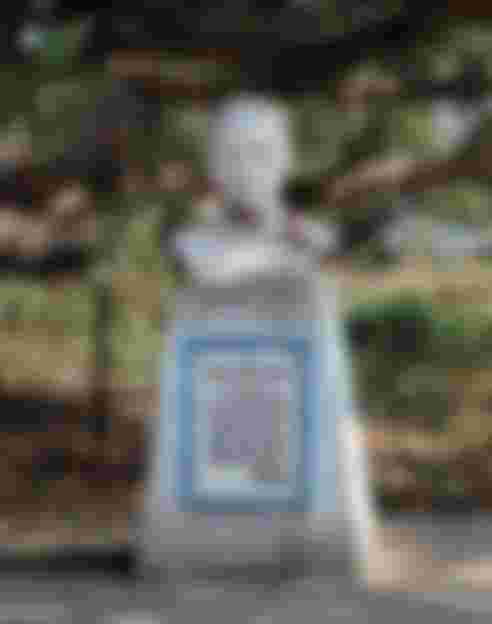
Nice bro.